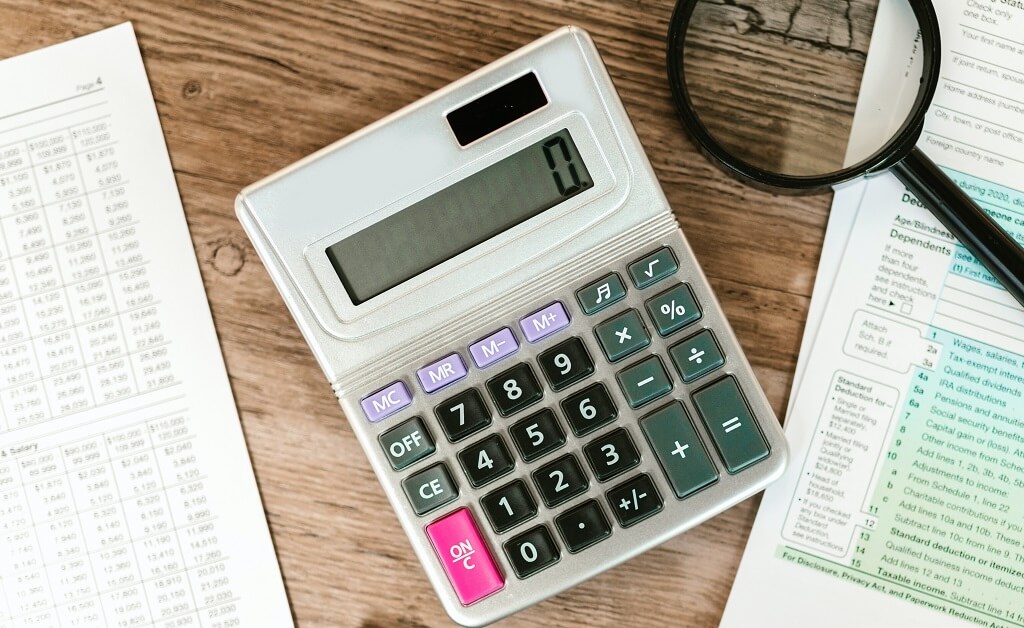Divorce in Australia – Who Gets What?

With your property settlement coming up, who gets what in divorce in Australia? Let’s show you what is involved in a property settlement. There is a lot to consider when it comes to splitting up assets depending on your contributions and needs, so let’s break it down.
Be sure to talk to your lawyer about how this might pan out and what you can keep and divide in your property settlement.
Divorce and Property Settlement
Sometimes the word “divorce” is used to describe a property settlement. It is important to note that in Australia, a divorce and property settlement are two separate issues.
A divorce is the legal ending of a marriage relationship. You must apply to the Court for a divorce order and indicate an “irretrievable breakdown of the relationship.” This is usually proven through 12 months of separation. Once your divorce order is granted, you will legally be divorced one month and one day later.
A property settlement is the division of assets and liabilities that you and your ex are responsible for. Property settlement is not a requirement of a divorce, so it becomes your own responsibility.
What is my ex entitled to in a divorce in Australia?
In Australia, there is no requirement of blame or specific cause for divorce when the Court decides your case. We have a “no fault divorce” principle. This means that your gender is not relevant to the divorce.
Instead, assets are split according to contributions made by either spouse during the marriage. This means any financial or non-financial contributions from earning an income to managing the household funds, to keeping the house in good condition and caring for the kids. Things are rarely split in favour of the primary breadwinner.
You and your spouse are entitled to what is just and equitable. This can also mean certain adjustments if you will need more support due to your future needs. For example, you may have a smaller income or will be the primary carer of the kids.
Dividing assets – what is counted in the asset split?
In determining how property is split, the Court will require you to value all assets and debts of the marriage in an asset pool. This requires you and your ex to make full and frank disclosure of all finances and property and provide necessary documents such as bank statements.
The list of your property and debts can get pretty long, but this is what can be involved
- Individual property (including property owned from before the marriage)
- Shared property
- Individual and shared debts
- Gifts and inheritance
- Savings
- Investments
- Businesses
- Shares and stocks
- Trusts
- Mortgages
It does not matter whether something is just your own or shared, initially owned before or during the marriage, everything is to be considered by the Court. However, sometimes debts incurred after the relationship are excluded.
Other things you will need to consider in your property settlement are
- Superannuation
- Bankruptcy
- Spousal Maintenance
- Child Maintenance

What impacts the amount each partner receives?
The Court will take into account various factors and considerations that can impact how the property settlement should be decided. If you have a higher contribution to the asset pool listed above, you may end up with more from the property settlement. Certain contributions can also affect how certain assets are handled.
There are different kinds of contributions that will affect the finances you will receive in your settlement. There are also adjustments that may be made depending on your future needs. Here is a little breakdown of some of these.
Direct financial contributions
Direct financial contributions are typically the first things you’d think when discussing property and finances. This can mean income, who was the primary earner, significant assets and other earnings, such as from a business.
Non-financial contributions
You may contribute to the financial assets of the marriage in ways that are not directly through spending money. This can include house repairs and increasing the value of the home through renovation.
Contributions to the welfare of the family
Sometimes people may be worried about how much money they may receive in a property settlement because they are a stay-at-home parent. But the Court also considers contributions to the home and family. This means raising the children and cleaning the home. These are also called homemaker or parenting contributions.
Contributions depending on the length of the marriage
In your property settlement, the Court will consider the contributions in certain periods of your relationship and the length of your relationship.
In shorter marriages, the Court tends to put greater weight in the initial contributions for each party as there is usually less shared property.
Longer marriages are looked at a little differently. The Court considers the “acquisition, maintenance and preservations of the property pool” when assessing the contributions made by each spouse. In some longer marriages, much larger initial contributions to the property pool made by one partner can eventually balance out by the non-financial contributions made by the other partner by the end of the relationship.
Future needs
The Court needs to consider how each partner may live after divorce. Adjustments are made to the percentage of contributions depending on future needs.
These needs can include the age, health of the parties, needs of your children, and any disabilities. Your capacity to work can also be affected by the care of your children if you are the primary carer. The age of your children and their needs can also be relevant to this.
Be sure to talk to your lawyer about anything that will be relevant and specific to your settlement.
What are the next steps to property settlement?
Talk to your lawyers at Divorce Hub about what the best approach for property settlement is for you.
Need to sort out child custody? Want to avoid going to Court for your property settlement? Feeling the stress of divorce? We’ve got you covered and want to help you thrive.
Recent Posts
- The Family Law Amendment Bill – Understanding the impact on your case
- One Sided Divorce – How to Get Divorced Without Co-operation From Your Ex
- Reasons for Divorce in Australia – The Legal Terminology You Need to Know
- Divorce and Control – Taking the First Step When Your STBX Says You Can’t
- How to Prove Coercive Control in Court – When the Law’s Not Quite Caught Up
Categories
- Child Support
- Collaborative Law
- Coping with separation and divorce
- COVID19
- Custody
- Divorce
- Domestic Violence
- Family Law
- Family Law and Business
- Fertility and assisted reproduction
- News
- Parenting
- Property settlement
- Same sex marriage
- Separation
- Shared custody
- Superannuation
- Travel
- Wellness and selfcare
- Wills
